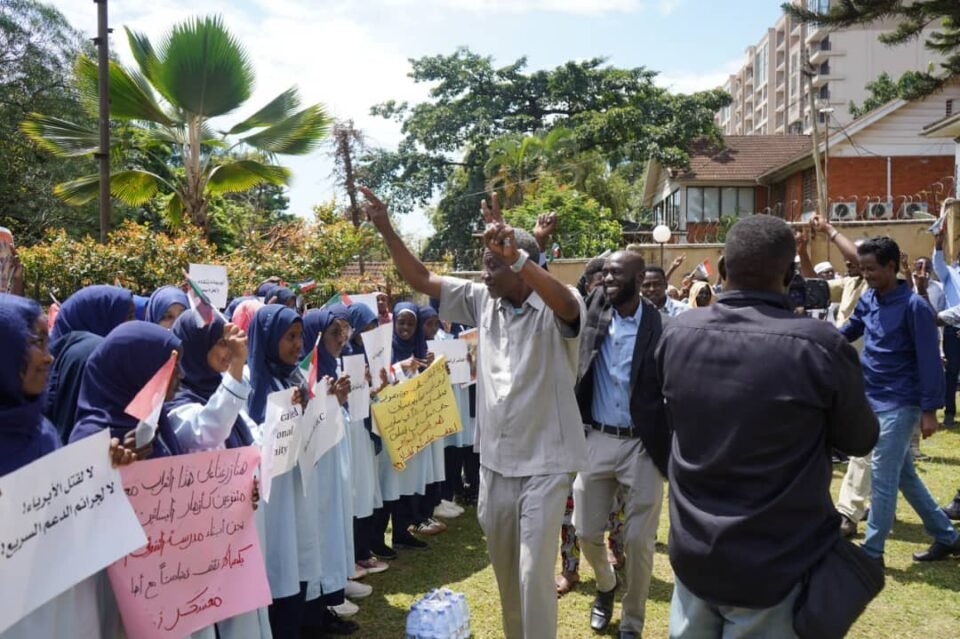KAMPALA, Uganda – In contrast to the burgeoning political activism observed among their Generation Z counterparts in neighboring Kenya, Ugandan youth find themselves at a critical juncture, facing systemic limitations on their political awareness and engagement. Recent events have highlighted a politically articulate and mobilized youth demographic in Kenya, actively demanding governmental reform. This contrasts sharply with Uganda’s political landscape, where civic education has been systematically eroded from educational curricula across all levels.
The deliberate omission of civic education from primary schools, political education from secondary institutions, and political science from universities has cultivated a significant knowledge deficit. Critics argue that this void is a deliberate strategy to foster a less informed populace, less inclined to question or challenge established governance structures.
While Kenyan Gen-Z actively protests specific policies and demands accountability from their leaders, many Ugandan youth grapple with a fundamental understanding of governmental processes and constitutional rights. This disparity is not attributed to inherent differences between the youth of these neighboring nations but rather to divergent educational and political systems.
The Ugandan government’s approach appears to prioritize cultural activities, such as Music, Dance, and Drama (MDD), within the educational sphere, potentially overshadowing critical civic engagement. The prominence of musicians in Uganda’s political arena may reflect this shift in emphasis. Furthermore, the digital divide exacerbates the issue. While Kenyan youth leverage social media platforms for political discourse and organization, many Ugandan Gen-Zers face significant barriers to internet access due to high costs and limited infrastructure. The government’s ongoing ban on Facebook, implemented since the 2021 elections, further restricts the free flow of information and ideas.
In response to these challenges, the Uganda Federal Consultative Council (UFCC) proposes a fundamental restructuring of the political system, advocating for a return to a federal framework reminiscent of the 1962 Federal Constitution. The UFCC argues that the current constitution, imposed in 1967 and amended in 1995, does not genuinely represent the diverse will of the Ugandan populace. The UFCC’s grassroots strategy, focused on organizing leadership units at the community level and facilitating civic education, offers a potential pathway forward. However, the success of such initiatives hinges on the willingness and capacity of Uganda’s Gen-Z to actively engage, learn, and advocate for their future.
The political awakening of Kenyan youth serves as both an inspiration and a stark reminder of the challenges ahead for Uganda. The task involves not only policy reform but also the cultivation of a politically conscious generation capable of articulating and demanding their rights. Overcoming educational deficits and breaking free from cycles of political manipulation will be crucial for Uganda’s Gen-Z. The UFCC’s proposal to embrace federalism as a means of decentralizing political power may represent a critical first step.
In conclusion, while Uganda’s Gen-Z may currently lag behind their Kenyan counterparts in political engagement, the potential for change exists. Education, access to information, and the fostering of a civic culture that encourages critical inquiry and participation are key to enabling Uganda’s youth to match the political dynamism of their neighbors and shape a future that truly reflects their aspirations.


